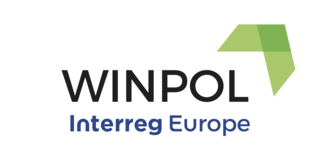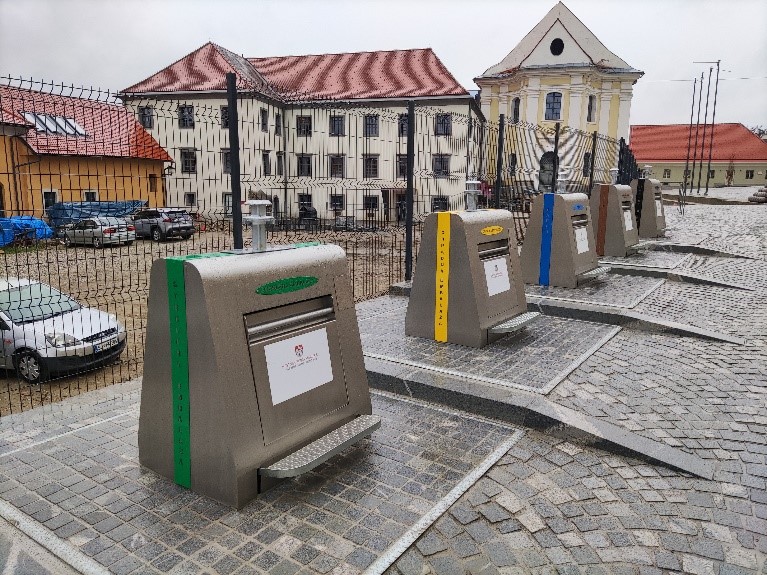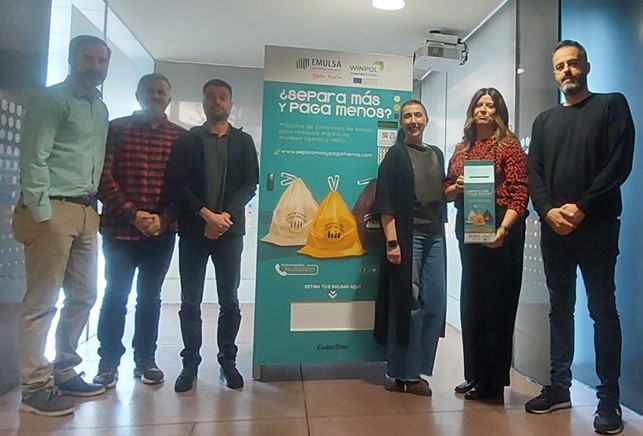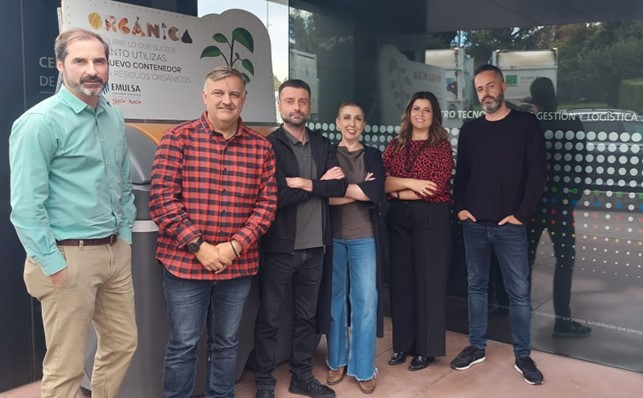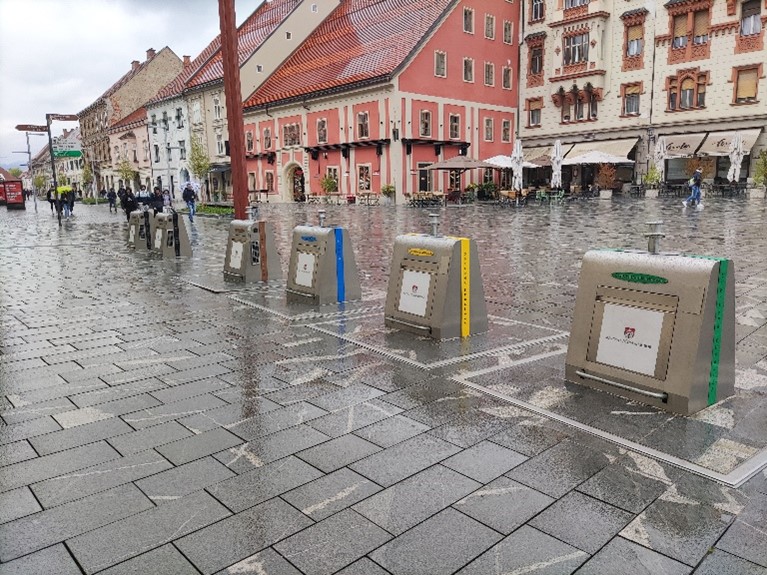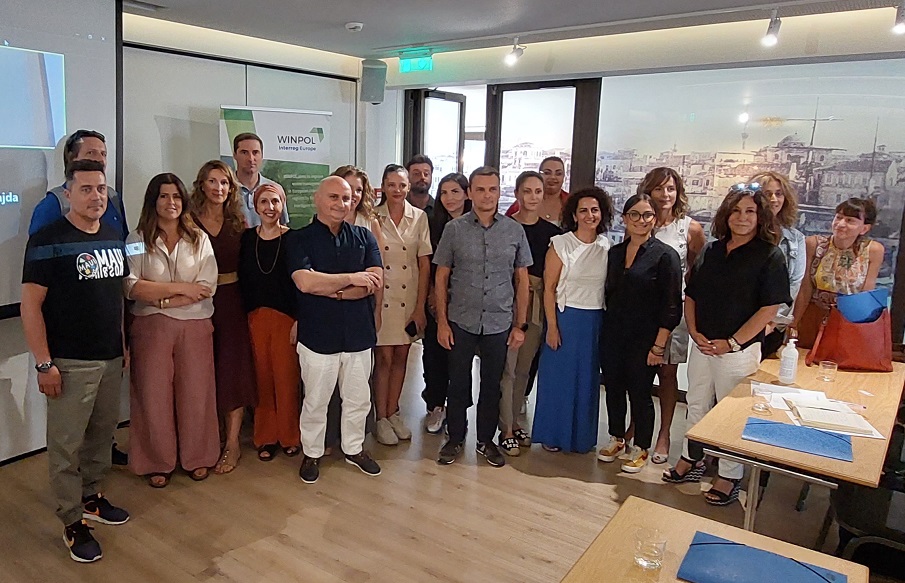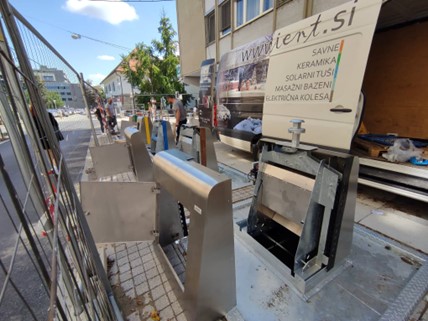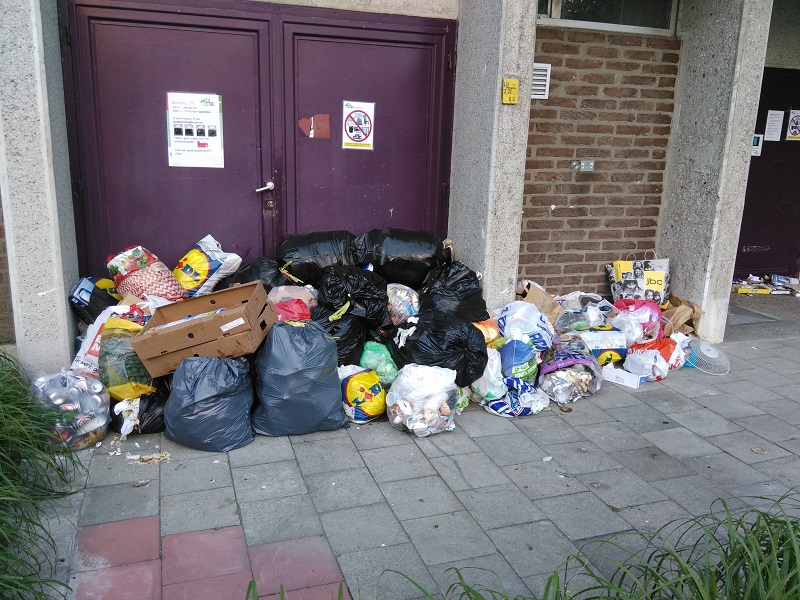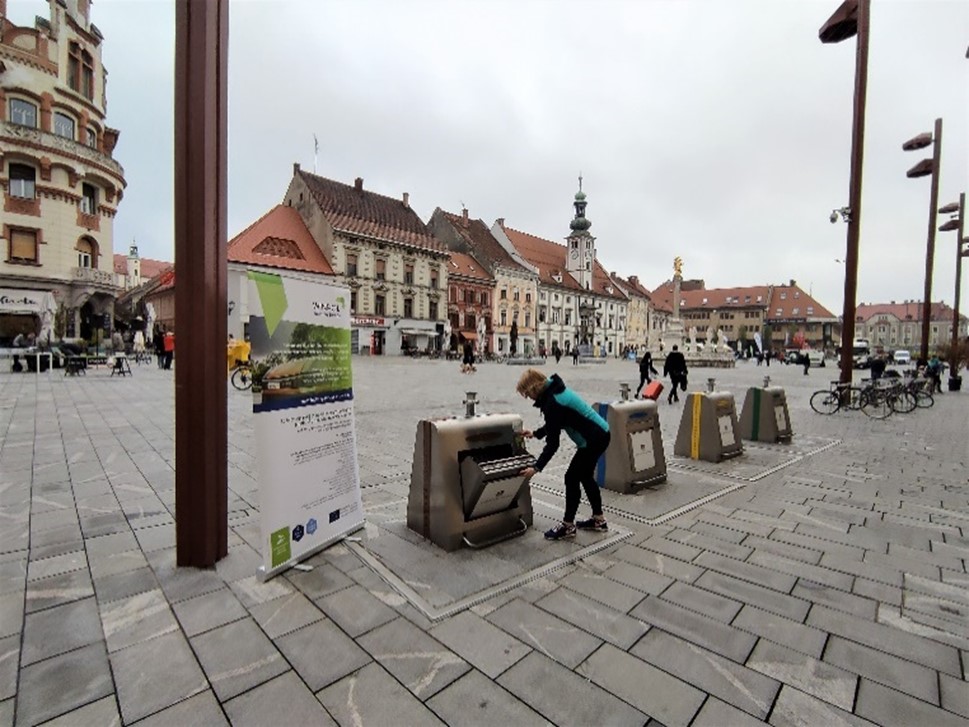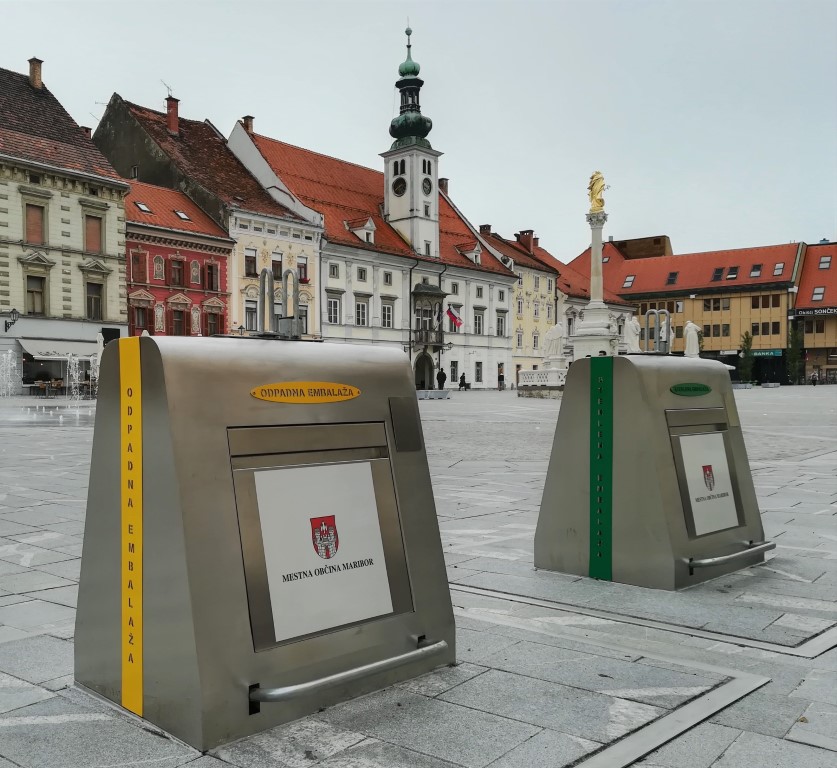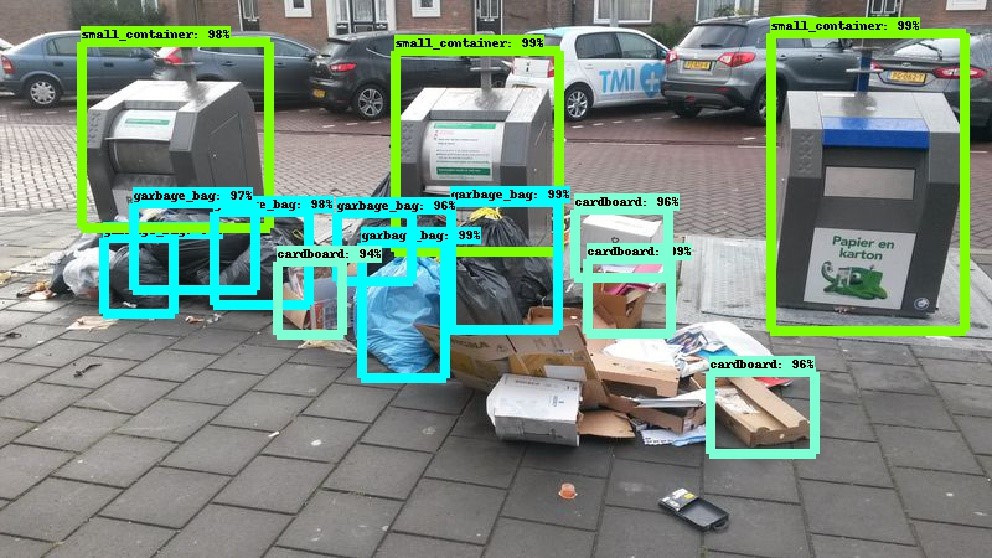Antwerp, located in Belgium, is a city of more than 500,000 inhabitants, counting 161 nationalities. It is the largest city in Flanders, the second largest in Belgium, after Brussels. Although the recycling rate in Flanders is as high as 70%, Antwerp has a somewhat lower rate due to tourism and its specific metropolitan context. However, Antwerp has developed an efficient waste management system and is constantly innovating, thus serving as an example to many cities and municipalities in Belgium.
Since 2001 the city has implemented a separate waste collection for residual waste, paper, PMD (plastics and metal), glass and bio-waste. Residual waste and bio-waste are collected weekly door to door. Paper and cardboard and PMD are collected weekly in the centre of the city and fortnightly in the north and south. Glass can be brought to a container for free.
Antwerp disposes of an underground collection system used by 10% of the households. It enables the collection of residual waste, paper, PMD, glass and bio-waste. While citizens have to pay when depositing residual waste and PMD, the other fractions are free.
The city of Antwerp also boasts 9 recycle centres for household waste where citizens can bring 20 fractions (of which 18 are for free). The city logistics department of Antwerp also organises 24 pop up recycle stations per year, this presented as a good practice within the WINPOL project. That initiative is a big success: since the start of the project over 15,000 visitors deposited small amounts of waste at the pop up recycle stations.
Regarding cleanliness of the city, streets are kept clean daily by sweepers. Furthermore, 10 trucks collect illegally dumped waste every day. The city logistics department receives up to 50,000 reports yearly. 95 % of all these reports are collected within 24 hours.
Photo: ©Sigrid Spinnox
